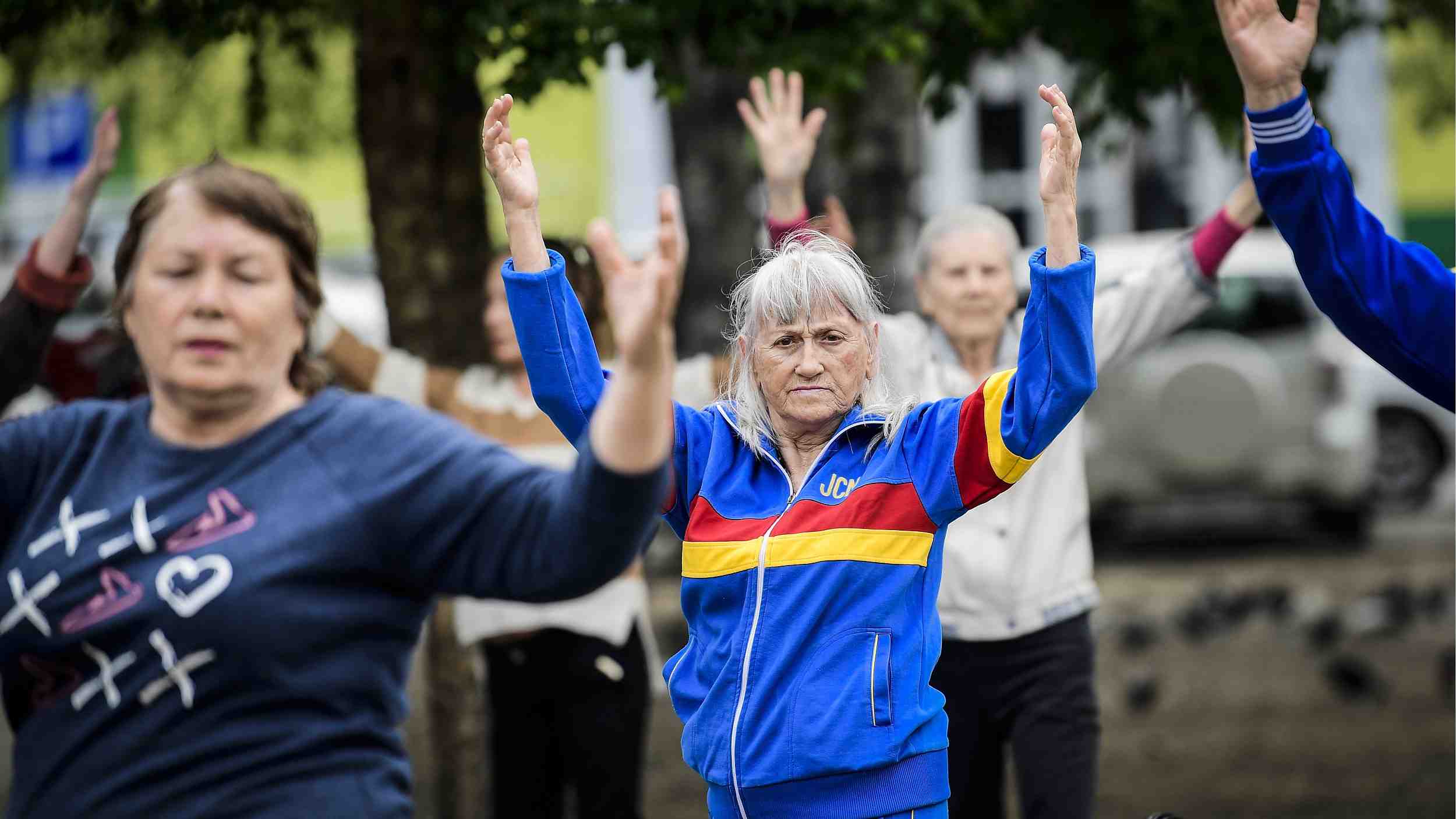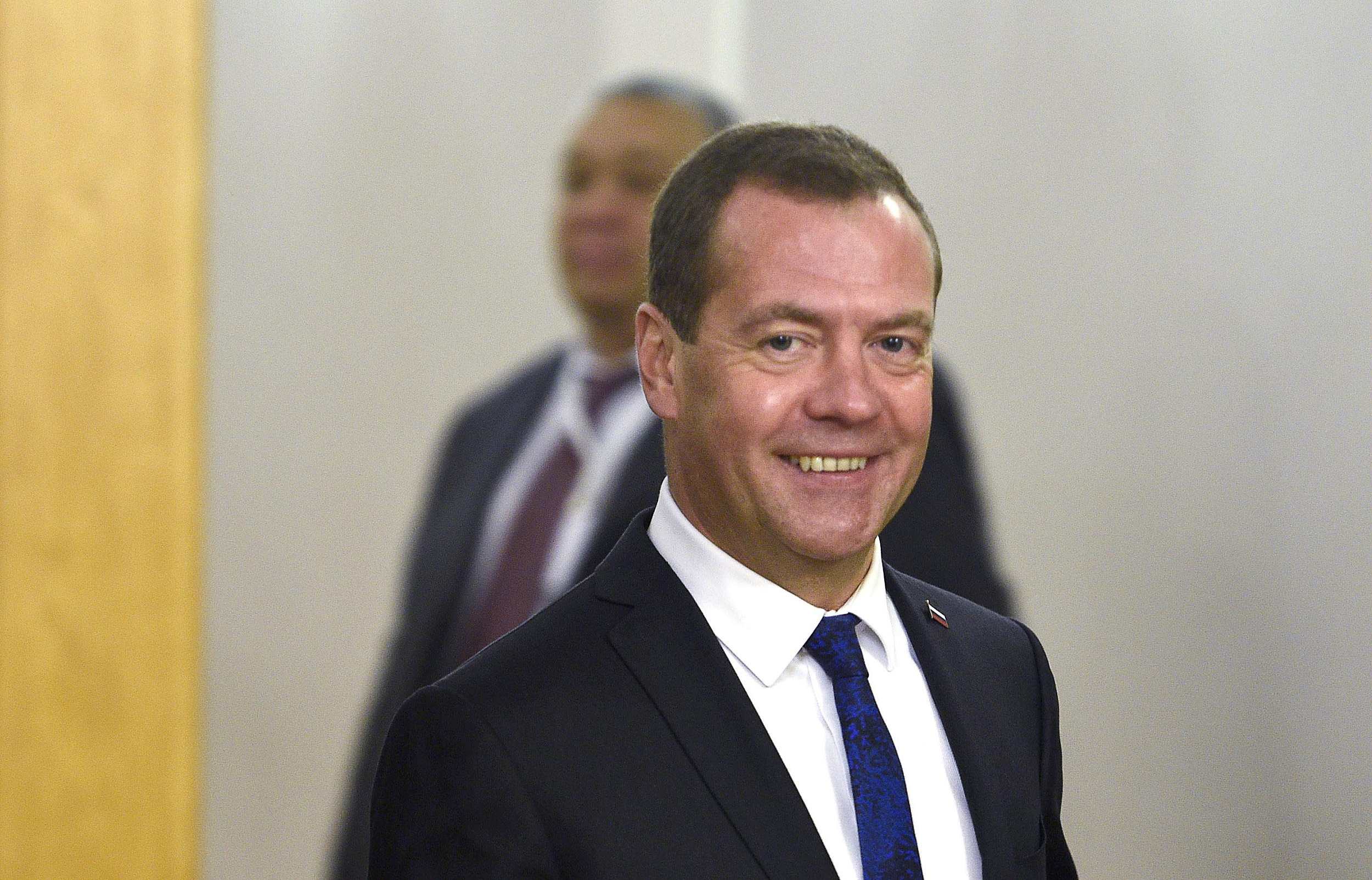
Business
11:16, 15-Jun-2018
Russia to raise retirement age by as much as eight years
Nicholas Moore

As the World Cup kicked off in Moscow on Thursday, the Russian government approved plans to significantly increase the retirement age, reflecting an aging society and a bid to lower the pension burden on the state budget.
The Russian squad’s oldest player, Sergei Ignashevich, will turn 39 next month. The central defender, one of the oldest players at the tournament, came out of international retirement in May to start for his country against Saudi Arabia in a 5-0 win.
While Ignashevich is old enough to hang up his boots and retire from football, under Russia’s new retirement age proposals he could have to wait an extra five years before he can draw a state pension.
Russian Prime Minister Dmitry Medvedev said the bill “proposes to introduce a sufficiently long transition period – to start from 2019 to gradually reach retirement age of 65 for men in 2028 and 63 years for women in 2034.”

Russian Prime Minister Dmitry Medvedev called the retirement reforms "unavoidable and long overdue." /VCG Photo
Russian Prime Minister Dmitry Medvedev called the retirement reforms "unavoidable and long overdue." /VCG Photo
Currently, Russian men retire at 60, while women are entitled to the state pension from the age of 55. The system has been in place since the 1950s and makes Russian workers the earliest retirees in the OECD group of countries.
Speaking on Thursday, Medvedev noted that the current system was outdated and didn’t reflect “growth of life expectancy and the changing conditions of life and work.” He went on to describe the reform as “unavoidable and long overdue.”
Russia currently has around 46.5 million pensioners, who will not be affected by the changes. More than one-quarter of the entire population is of retirement age, with the government forecasting by 2036 every working adult will have at least one pensioner to support.
A study released through the Russian Finance Ministry has suggested that the pension reform could lead to savings of 27.3 billion US dollars per year. That would be enough to raise pension payouts by 30 percent by 2034, and will free up extra funding to go into infrastructure, healthcare and education.
According to the Financial Times, while the reforms are necessary, there are concerns that the changes to the retirement age will prove too drastic. The Confederation of Labour of Russia has petitioned against the proposal, saying current demographic trends show “around 40 percent of men and around 20 percent of women do not live until 65 years of age.”
China’s retirement age is also considerably lower than other economies of a similar size, with men retiring at 60, white-collar female workers at 55 and blue-collar female workers at 50.
A panel discussion at the Chinese People's Political Consultative Conference in March saw Tang Tao, vice minister of the Ministry of Human Resources and Social Security, mention a possible increase to the retirement age, with Tang calling such a measure necessary “out of concerns for pension funds and allocation of human resources.”
According to China News Service, one reform plan has proposed that from 2018 the retirement age for women would be raised one year every three years, while the retirement age for men would increase one year every six years. That means that by 2045, the retirement age for both men and women would be 65.

SITEMAP
Copyright © 2018 CGTN. Beijing ICP prepared NO.16065310-3
Copyright © 2018 CGTN. Beijing ICP prepared NO.16065310-3